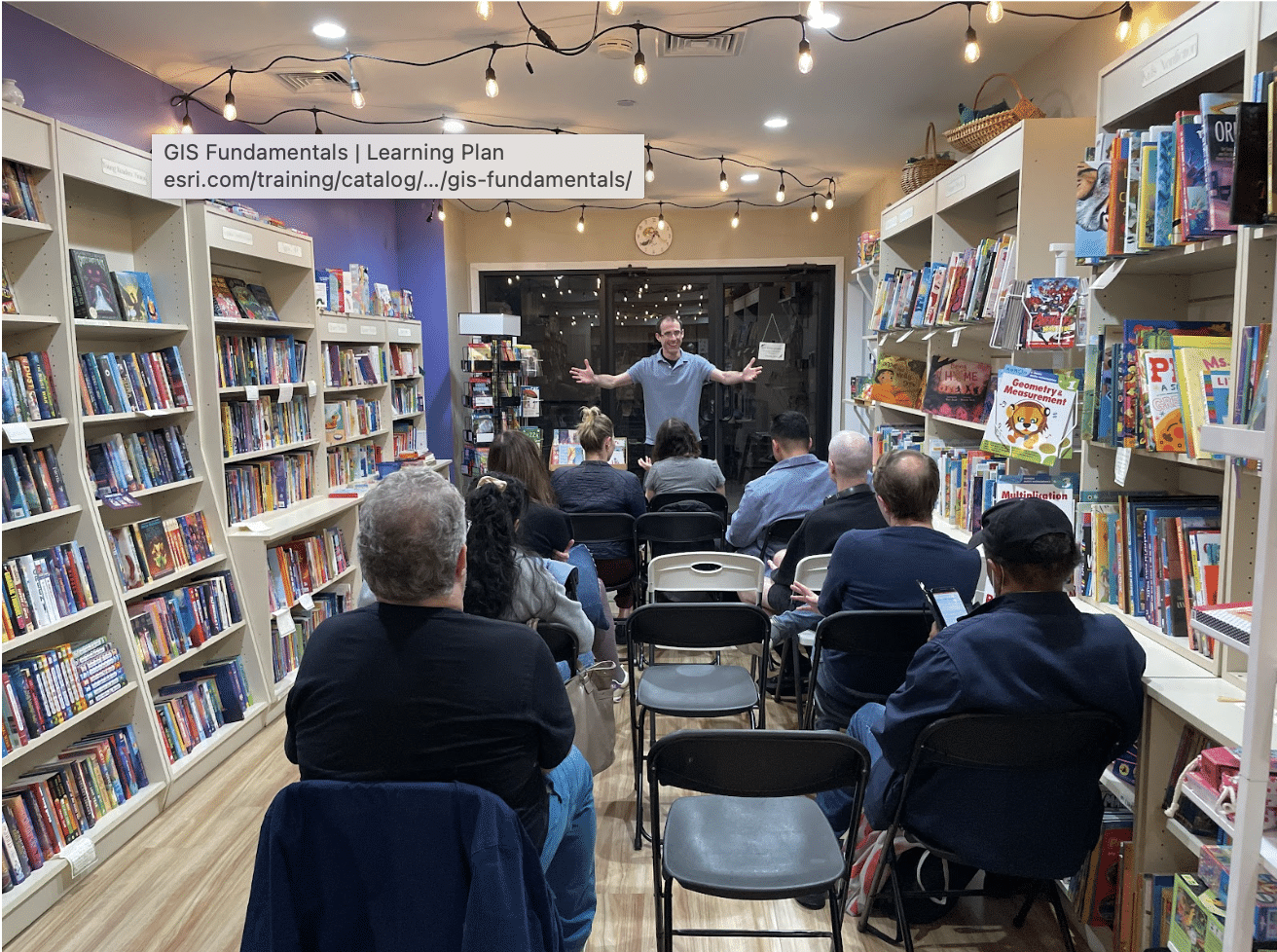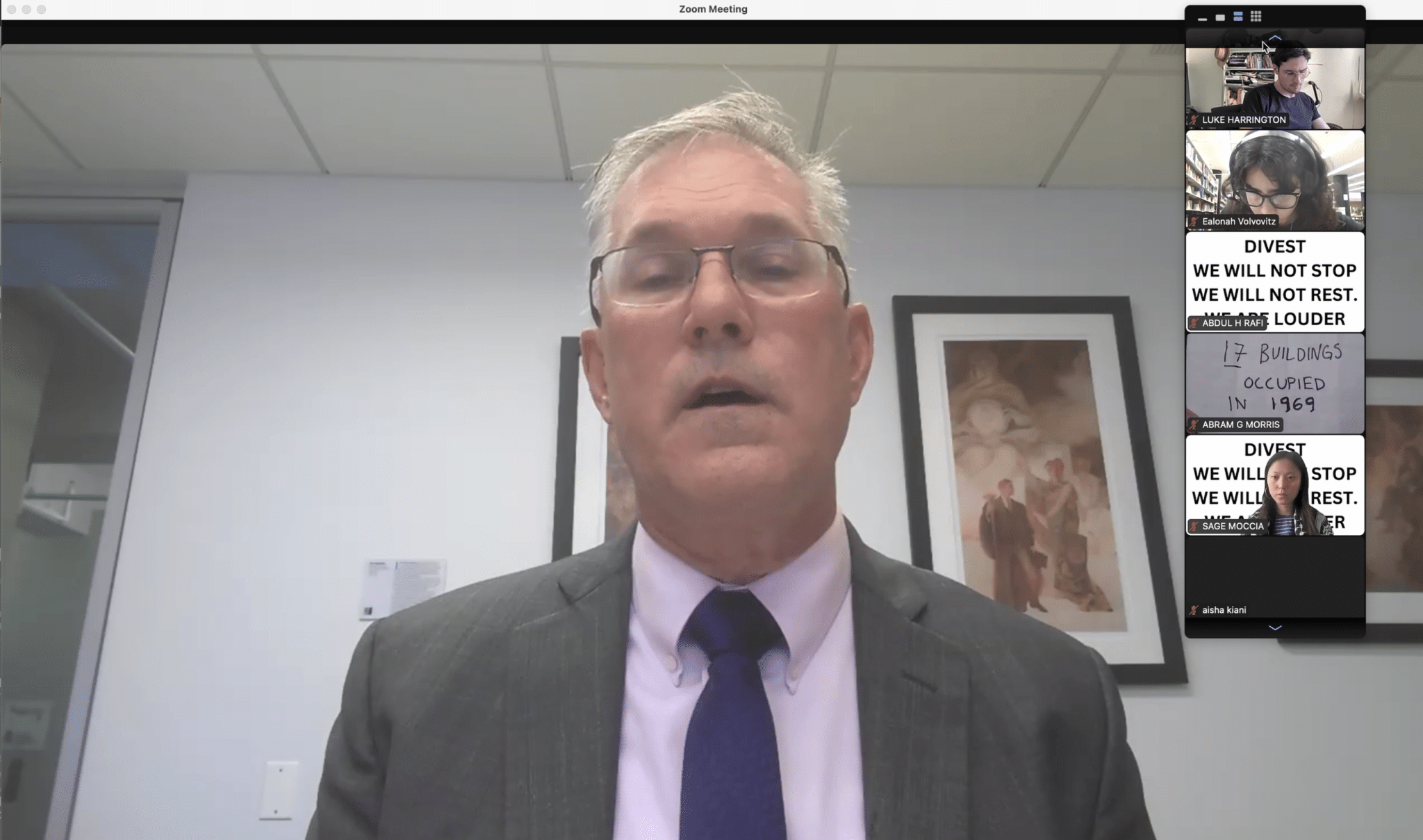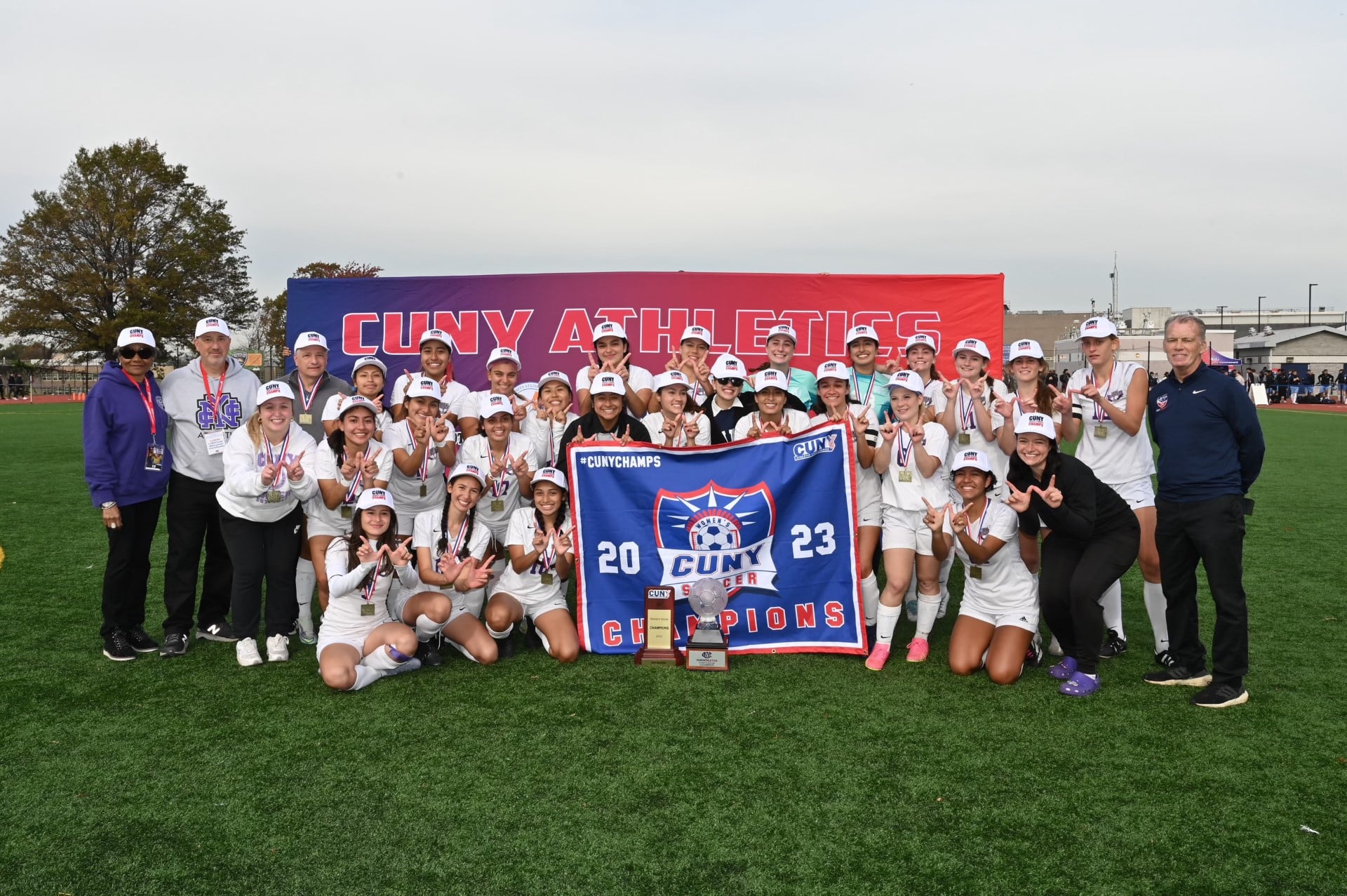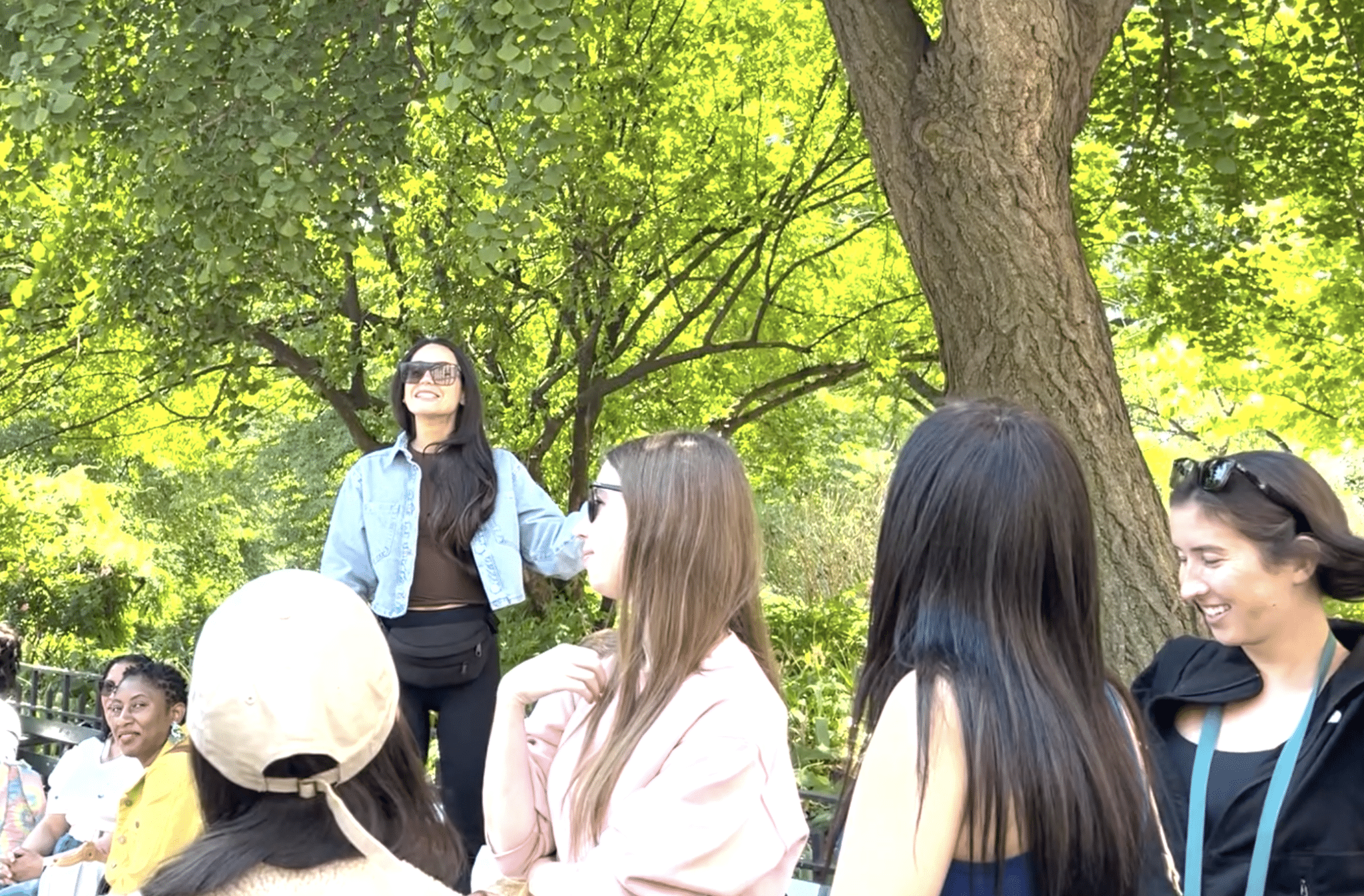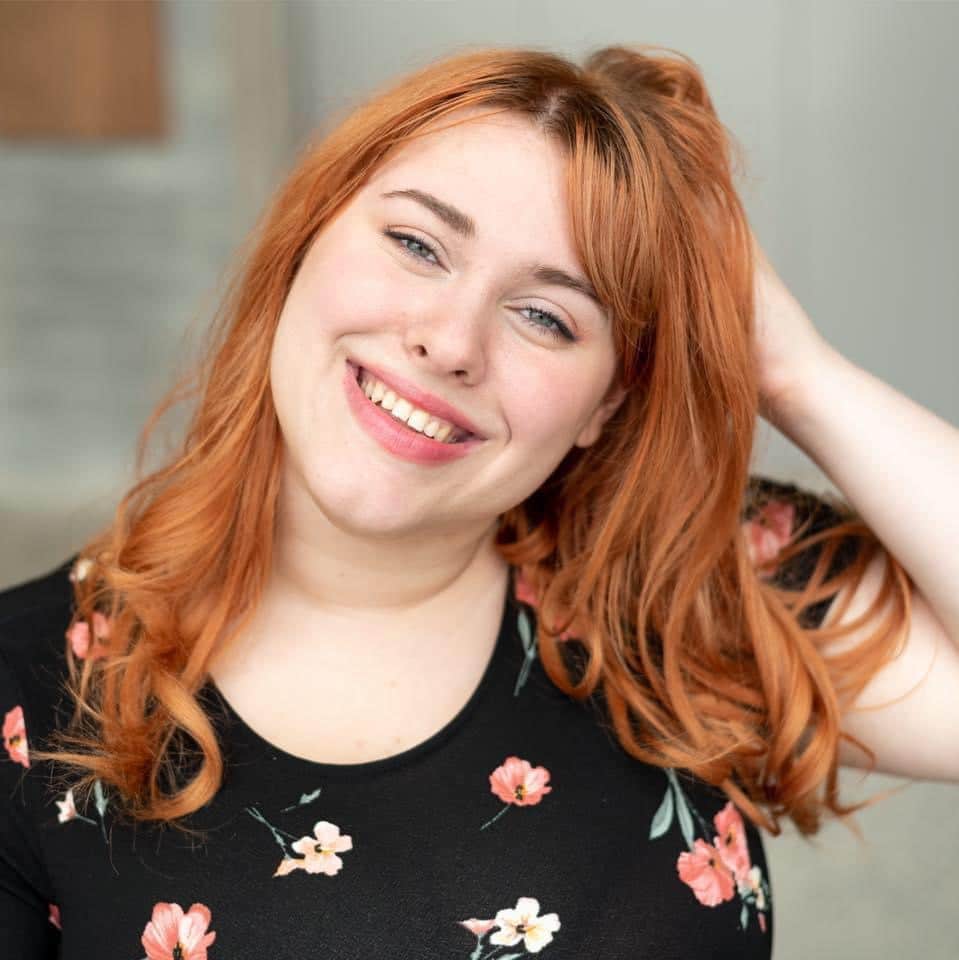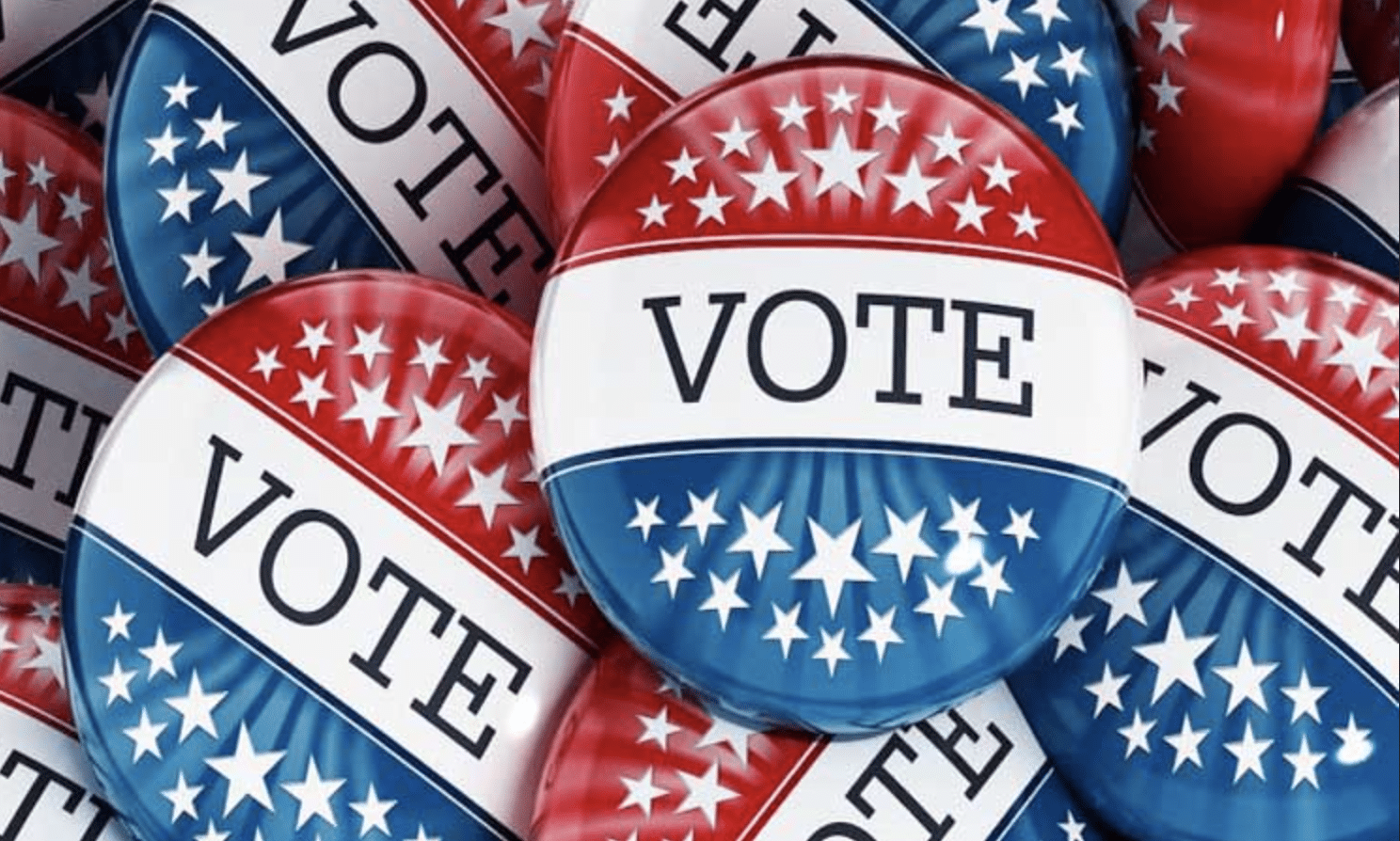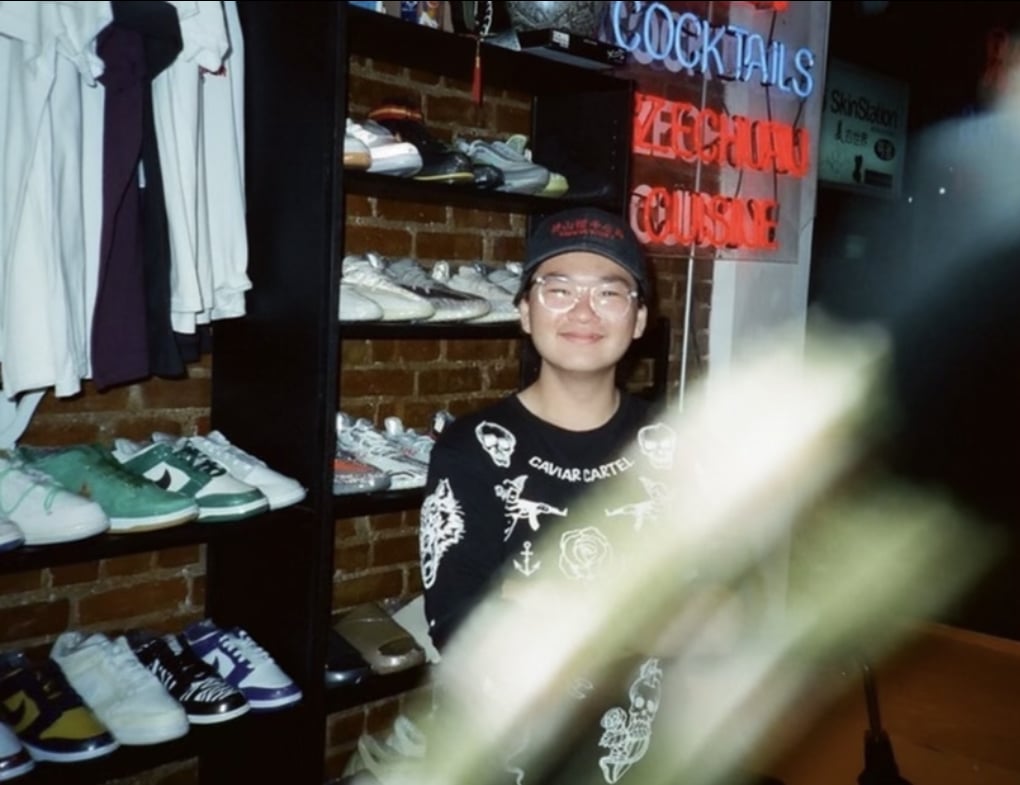Host David Lawson kickstarting the Storytelling Show on November 7th, 2024. Photo by Fairuz Omar Raya.
In the middle of 30th street and 36th avenue lies Astoria Bookshop, a small bookstore filled up with warm yellow lights and inviting decor. Every first Thursday of the month since 2014, David Lawson has hosted a Storytelling Workshop, where writers, comedians, seasoned performers, and nervous first-timers may share their work.
Astoria Bookshop is a quaint space; its walls are lined with books of all genres, its ceiling is covered in fairy lights, and chairs are set up in the back of the shop. Surrounded by books and soft music, the participants take their seats as people get up to write their names and drop it into a container. David Lawson starts the night off by introducing himself and the rules of the night: a name will be picked at random and that person will be put on a 5-minute timer to deliver their story.
For organizer David Lawson, the monthly storytelling show has become a space for community, connection, and self-expression.“I think the core thing I wanted when I started this show was a developmental workshop space, for myself and for others, both strangers and friends,” Lawson said.
Since its creation in 2014, the show has welcomed storytellers from across New York City. The bookstore’s literary environment sets it apart from comedy clubs or formal performances. As Lawson explains, “You don’t need to make people laugh every 30 seconds, and you’re not sitting through hours of stories like at The Moth,” a widely popular open-mic storytelling competition, “It’s a mix of humor, vulnerability, and life’s small, meaningful moments.”
The Astoria Bookshop’s storytelling show offers something deeply personal for those who take the mic. Many stories performed are of vulnerable topics, ranging from hard childhoods, to death, to breakups, to encountering racism. For many participants, it’s about growth, both as performers and as individuals.
Ali Levin, a storyteller and performer, shared how storytelling helps her process her experiences and find meaning in them. “It helps me connect the dots in my life, giving moments a place to live. It feels really freeing to share something vulnerable,” Levin said.
For Ricki Richards, a school nurse and storytelling regular, the show was a first step toward realizing she, too, had stories to tell. She recounts her first performance was nerve-wracking, but she’s since become a regular at the event. “Hearing people share everything from loss and grief to something as simple as making mac and cheese for family made me think—maybe I have something to share, too,” Richards said.
The show’s structure — with five minutes allotted for each storyteller — challenges performers to look through their stories and turn into clear, impactful moments to present. Dave Kalema, who has been performing for several years, explained his meticulous process. “I record a rough draft, take it to open mics, and refine it after each performance. I love discovering which pauses work or how new word choices can shift the audience’s reaction,” he said. One of Kalema’s stories—about his relationship with his mother—was even featured on NPR’s The Pulse.
The magic of the storytelling show extends far beyond the stage. It’s a community-first event that fosters relationships and creates space for connection. Richards recounted how she met some of her closest friends through storytelling: “From that very first show I attended, I felt immediately welcomed. I ended up meeting people I’m still close to years later.”
This sense of belonging resonates with both regulars and first-timers. Levin described the audience as “warm and engaged,” crediting Lawson for setting the tone by always performing first. “It’s like he’s modeling the space, saying, ‘This is what’s going to happen. You’re safe here.”
Even for Lawson, who has been running the show for years, sitting in the front row and listening remains his favorite part. “My two favorite reactions are when someone makes me think, ‘Wow, I’ve never thought of it that way before,’ or, ‘Something like that happened to me, too.’ Storytelling brings those moments to life.”
Lawson’s storytelling show also underscores the importance of independent bookstores like Astoria Bookshop. Beyond selling books, events like these turn small shops into community hubs. Nino Cipri, a bookseller at the store, explained, “The more bookstores are embedded into their communities, the better they survive. Events like this emphasize storytelling as an act of survival and connection.”
These spaces matter, especially in cities like New York, where stories can easily be lost in the noise. By hosting events that bring people together, independent bookstores create opportunities to pause, listen, and reflect.
On November 10th, Lawson was reflecting on how important the storytelling show is as a space to reflect after a major event. They had just hosted a show on November 7th: “I was very excited for Thursday night’s show because of the election and I’ve had shows like that before. I’ve had shows after extreme weather events. The first show after lockdown, I’ve had shows after other elections. I’ve had shows after events like the 2016 election, the day the sky was orange all day, and you couldn’t breathe outside some of the extreme flooding events we’ve had in New York, someone having died, like David Bowie or someone dying too soon. There have been moments where there is just something appall, like there was on Tuesday night. And I think what I want is that catharsis, that less lonely feeling”.
Whether you’re a performer or listener, the act of sharing stories is about more than entertainment. It’s about vulnerability, connection, and finding meaning in life’s ordinary and extraordinary moments. As Richards put it, “At its most fundamental level, storytelling is just about existing and trying to connect with others.”
In Astoria, surrounded by books and eager listeners, this small monthly event reminds us of the power of being heard. Lawson continues to open the show each month, setting the stage for a night of honesty, humor, and shared humanity. “You don’t need to be the most confident person with a microphone,” he says. “As long as you’re willing to be yourself, anyone can find a home at a storytelling show.”
That tiny bookstore, under the soft hum of voices and shared laughter, feels like home.
Tags: Ali Levin Astoria Astoria Bookshop community Dave Kalema Fairuz Omar Raya independent bookstores Queens Ricki Richards small business storytelling Storytelling Workshop The Moth The Pulse vulnerability writers wrriting
Series: Community
